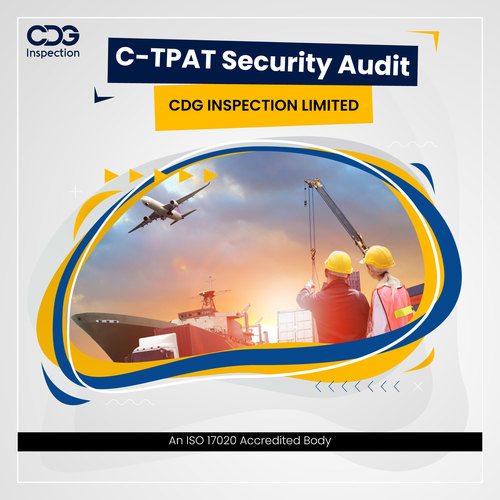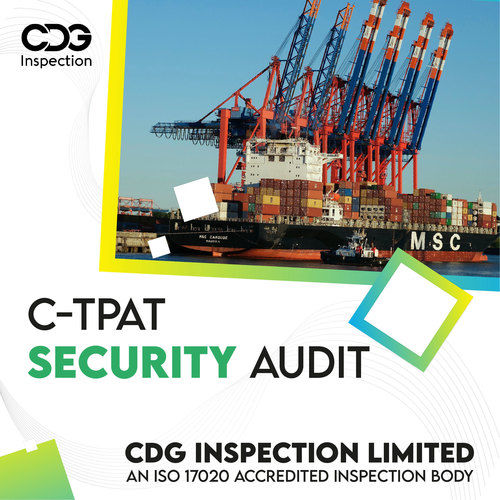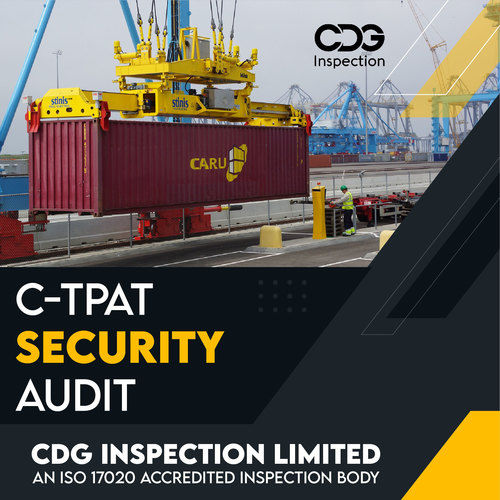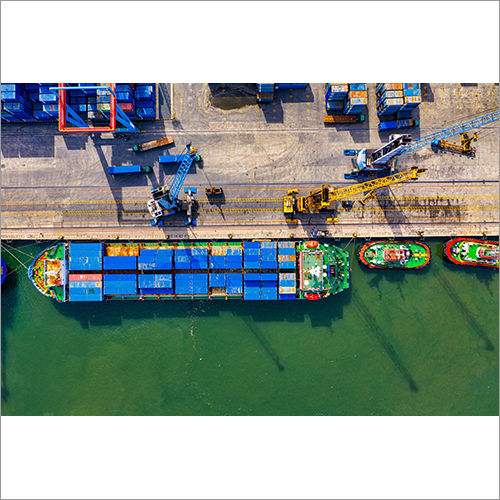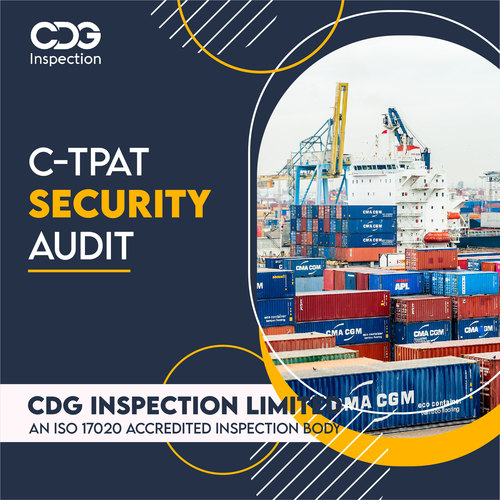C-TPAT Audit Services in Delhi
Product Details:
X
Product Description
CIL provides accredited C-TPAT security audit/inspection services in Delhi, India. CIL is the only accredited inspection agency in India to conduct C-TPAT security audits. CIL is an ISO 17020 accredited inspection agency. To be a qualified CTPAT candidate, one needs to fulfill the requirements of the program. These requirements require completion of the security risk assessment, eligibility assessment, background, and criminal record review, and information exchange and cooperation. These steps are designed to detect illicit activities and help deter potential criminals from gaining entry to the country. The security risk assessment details the criminal history of the applicant, as well as his or her current employment, residence, educational attainment, and specialized experience. Eligibility assessments detail the same information, but also include whether or not the applicant has ever been denied entry into Canada. The background and criminal record review is a three part screening that includes, checks of local police records, provincial records, federal databases such as NCIC. Finally, the information exchange and cooperation deal with what information will be shared between agencies to make an effective assessment of the candidates eligibility for CTPAT membership. If all of these requirements are fulfilled, the applicant may approach the CTPAT port facility to initiate customs compliance training. Becoming a certified customs trade inspector is challenging work. Candidates need to demonstrate that they can identify the root causes of data problems and identify potential solutions promptly. Customs officers need to demonstrate proficiency in core knowledge areas, such as shipping, imports, and exports, international commerce, human resource management, inventory, purchasing, financial issues, shipping regulations, and drug and substance misuse. Candidates need to pass the Gao certification exam, which analyzes both written and oral communication skills in chemistry, physiology, physics, mathematics, and business development. The certification can be renewed annually. To be accepted into CTT, applicants must pass both the written and oral communication sections. Post September 2001event, Customs and Border Protection works with businesses to strengthen and improve the international supply chain and U. S. Border Security through the mechanism of Customs Trade Partnership against Terrorism (CTPAT). CDG is able to conduct security audits of facilities within supply chain following CTPAT protocols and set a benchmark which enables them to improve their security systems. Description A strict and high level of cargo security is required within the international supply chain such as importers, carriers, and manufacturers. The US Security and Accountability of Port Act provided a statutory security framework for the CTPAT program and has imposed strict program of oversight requirements. CBP requires to protect supply chain, identify security gaps, and implement specific security measures and best practices. An independent assessment by CDG is carried out to verify security protocols, identify gaps and provide an opportunity to the facilities to improve security practices. CTPAT program requires to establish security policies and practices following CTPAT Audit security criteria such as, Physical Access Controls and Security, Container and Merchandise Security, Personnel Security, Security Training & Threat Awareness, Information Technology Security, Shipping Dock Security, Key and Seal Controls, Security Processes. Why CTPAT CUSTOMS TRADE PARTNERSHIP AGAINST TERRORISM AUDITS. Service providers in supply chain are able to establish their own security policies and work practices in compliance to CTPAT protocols and thus, enjoy, as minimum, the following benefits, Have their own security policies and way to improve. Able to improve security systems within the facility. May have reduced number of CBP examinations. Shorter waiting duration at U.S. borders. Shall have access to cargo at Free & Secure Trade (FAST)Lanes at US borders. Priority inspections, where required. CTPAT participant facilities are treated as trusted Partner for CBP. Will have each access and eligibility for other U.S. pilot programs.Tell us about your requirement

Price:
Quantity
Select Unit
- 50
- 100
- 200
- 250
- 500
- 1000+
Additional detail
Mobile number
Email

